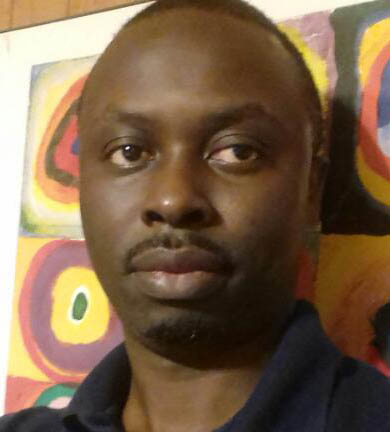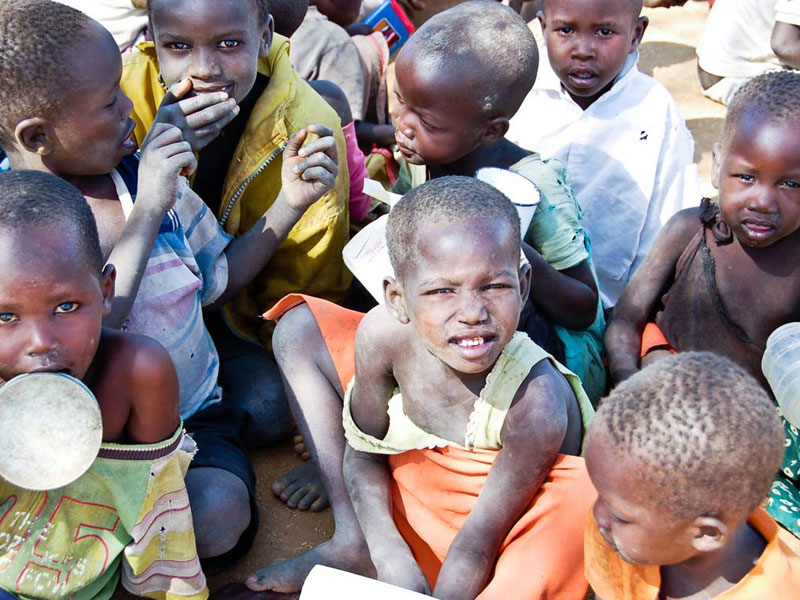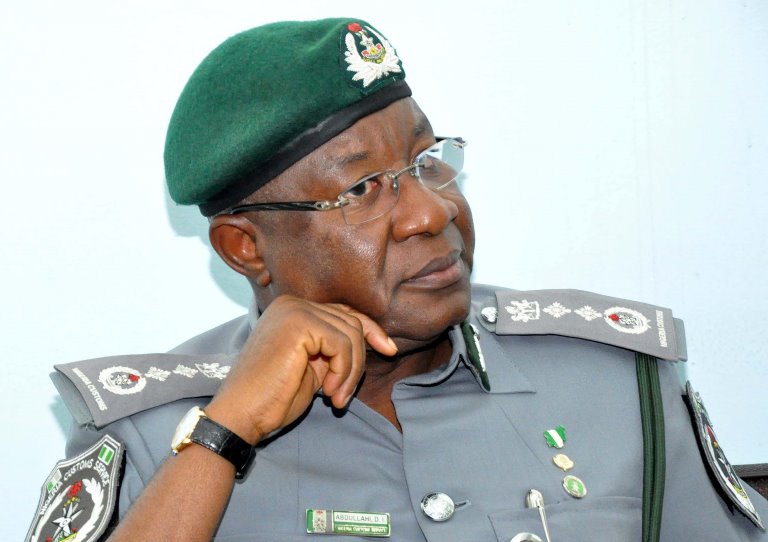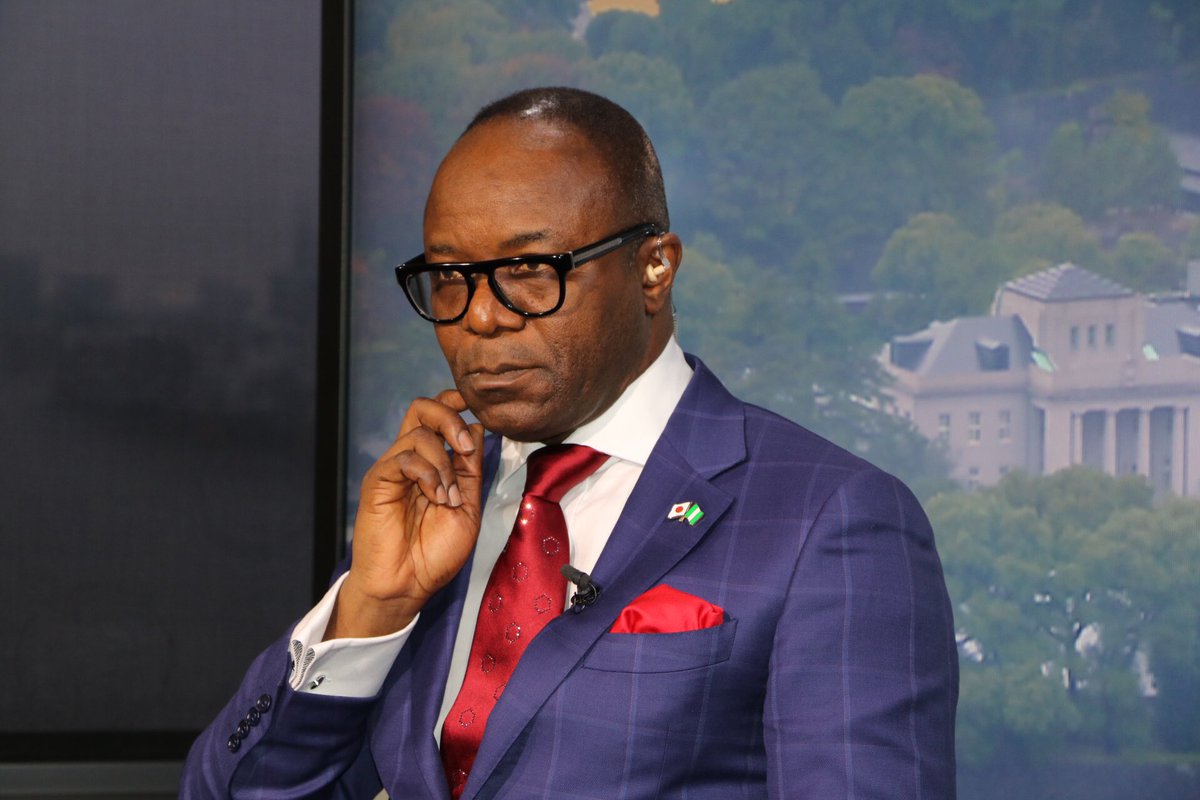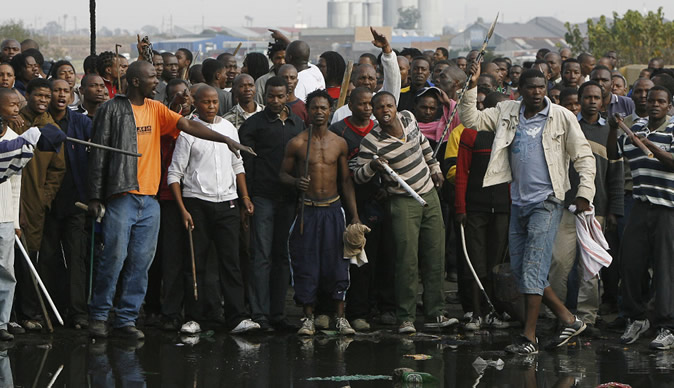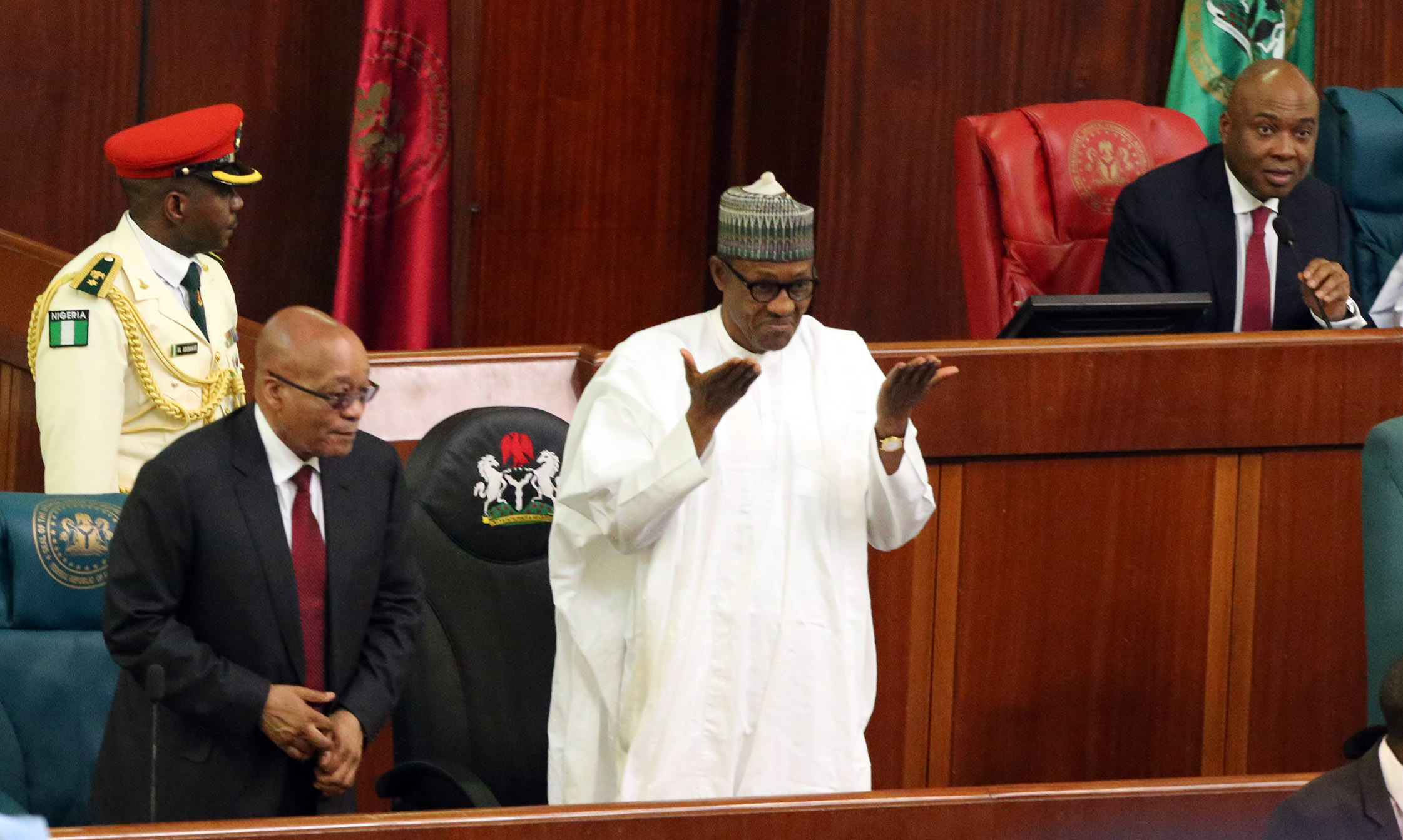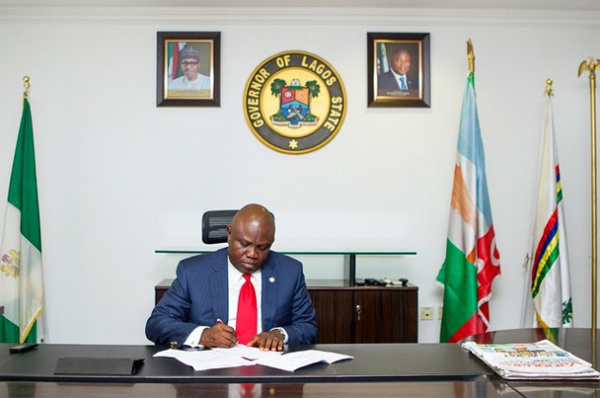Sickeningly sad story. Insurgents burned down her house. Her husband was killed. She became a widow. Her two-year-old eldest child died of measles. Her only child, a 20-month-old baby faces death from hunger. It is the story of Rakiya told by Save the Children, a nonprofit that has established a stabilization center in Nigeria’s northeast.
Like you, the story caused a swift kick in my ribs, but I can connect with the story, because of my previous firsthand reporting from the region.
Terrifyingly, as a country we failed to admit that Nigerian children faced death from malnutrition, despite evidence.
We are looking at London and not Maiduguri. Some politicians have even turned London to a Mecca for lesser hajj.
Advertisement
Like the rest of us, last December, President Muhammadu Buhari, even denied the graveyard situation in the northeast in relation to starvation using two words to describe it: uncharitable and unnecessary.
Sure, Mr. Buhari, wants citizens to see him rather as a compassionate and committed leader, but truth is a hardball.
To my mind, the fact that severe malnutrition is hampering the future of our kids does not remove from him his commitment to Nigeria, it simply means more is required.
Advertisement
Often, whenever I read reports on the emergency situation in the northeast as regards food crisis, my panicky heart soars.
But Mr. President called it “non-existent fear,” and “hype”. His words increased the anxiety among international partners rather than offering some relief.
But today we know that the problem is not limited to the northeast.
According to Unicef, about 1.4 million children are at risk of death from severe acute malnutrition across the country, but famine is already framing surviving kids of Boko Haram war in skeleton.
Advertisement
Figures don’t represent reality, but with diarrhea, measles and malaria taking residence in their weakened bodies, death is just a matter of time, if nothing urgent is done to rescue the kids.
Everyone knows that our health care infrastructure is on the blink, and there’s no better way to see it than knowing the president himself continues to stay put in London, United Kingdom, for prolong medical care.
Mr. President simply could not rely on Nigeria’s health care system for his own survival, and while abroad now more than 30 days, and receiving high-level visitors, the children in the northeast are malnourished.
Unfortunately, the health care workers have now served the government a notice of strike action for “flagrant display of lawlessness, perversion of justice and the rot in the health sector accounting for millions of preventable pains and death in Nigeria.”
Advertisement
No food, no well-equipped hospital, and no service from health care workers means one thing: we are in the soup.
The sorry truth about Nigeria’s situation is what Senator Lanre Tejuoso, declared as “double emergency” in a piece he recently penned for Thomson Reuters Foundation News.
Advertisement
“Up until now,” Tejuoso wrote. “our response to the malnutrition crisis—both the emergency in the northeast and high rates of chronic malnutrition around the country—has not matched the severity of the problem. Of the 2.5 million children suffering from severe acute malnutrition each year, we only treat about 500,000 with the help of our partners, leaving a huge gap that calls for more commitment.”
Truly, we cannot continue to compromise the development and future productivity of our children and remains a fair and forward nation.
Advertisement
With more billionaires in our country, farmlands and existing health care policies that should help scale up health care intervention, if implemented, Nigeria should not be talking about death of its children, most especially when a larger percentage of the deaths are preventable.
I’m always optimistic based on what our past experience has taught us as a nation that we can always overcome, if we act early and not live in denial.
Advertisement
In our most recent history, when Ebola epidemic showed up on our soil, the rapid response and compact coordination by the government agencies saved our country, though we lost a few (medical officers) who were in direct line of its attack.
In contrast, when Boko Haram ideology started and members of the militant groups were increasing, we waited too long and we suffered the consequence.
These two stories should challenge the leaders to act and they should inspire everyone to be concerned about how to respond to the figure of 1.4 million children in severe acute malnutrition across the country, most especially to those who are now at the risk of dying in places like Borno State.
In 2005, we all cried as gory pictures from the Republic of Niger showed up on our televisions and newspapers. After famine pounded the country hard, children became carcasses for vultures. God forbid that we should get to that level, but we must not act too late.
Follow me on Twitter:@adeolaakinremi1
Views expressed by contributors are strictly personal and not of TheCable.
Add a comment
